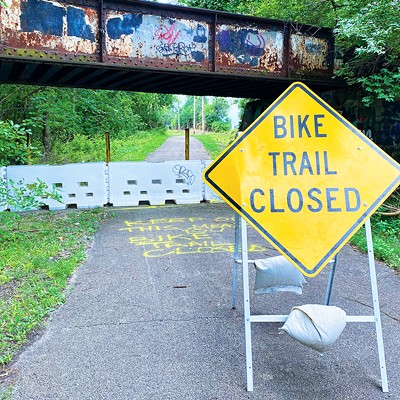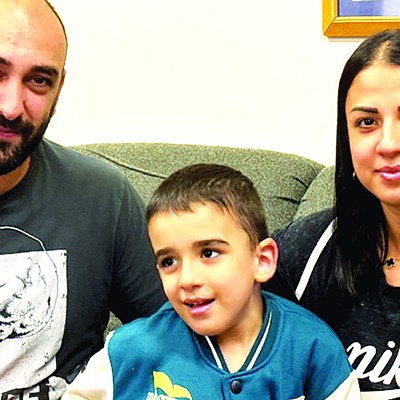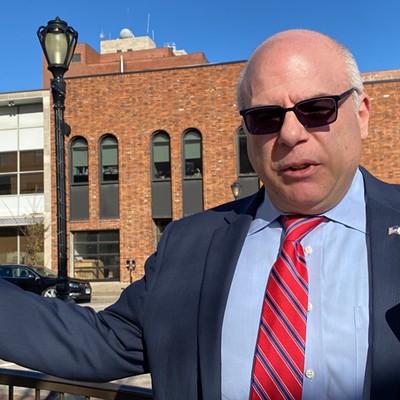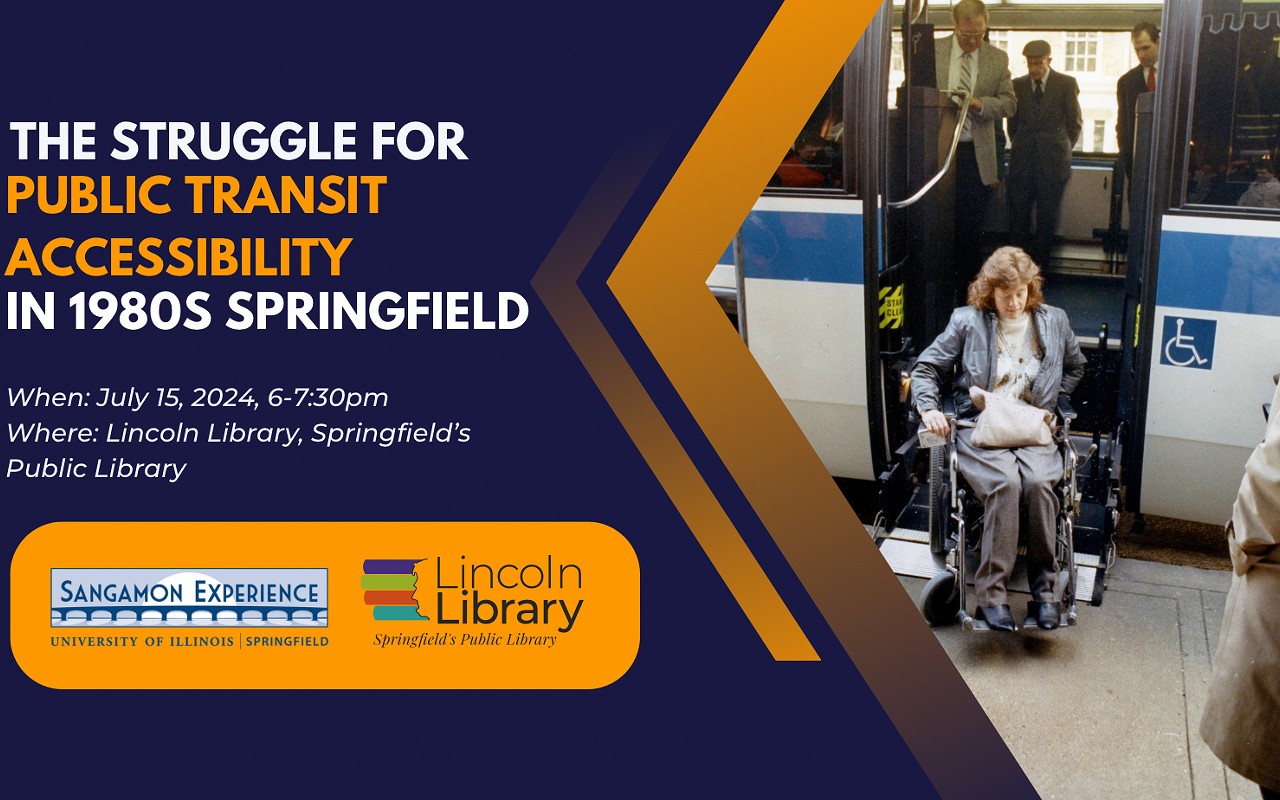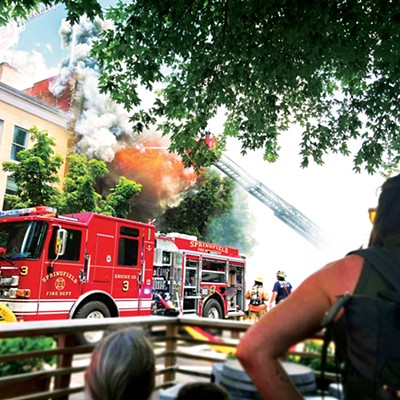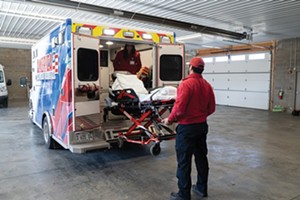
Springfield firefighters will get 1% pay raises, and city officials will meet with their union regularly to talk about starting a city-operated ambulance service, as part of a settlement of a 2021 labor dispute that was approved by the Springfield City Council Aug. 2.
"At least this starts the conversation," Kainan Rinaberger, president of Springfield Fire Fighters Local 37, told Illinois Times. "It opens up and kind of guarantees the lines of communication are open for transportation going forward."
The settlement stemmed from a June 8 ruling of the Illinois Labor Relations Board in favor of the union's November 2021 unfair labor practice complaint against the city.
The union complained that the city made "unilateral changes to a mandatory subject of bargaining" when it began requiring firefighters in September 2021 to ride inside private ambulances when needed and care for critically ill patients during transport to Springfield hospitals.
A lack of paramedics employed by the private ambulance providers prompted the need for help from firefighters, former fire chief Brandon Blough previously told Illinois Times. Blough was succeeded by Fire Chief Edward Canny after Mayor Misty Buscher's election in April.
Rinaberger said a majority of the approximately 200 Springfield firefighters are certified as either intermediate or advanced emergency medical technicians, or they have achieved the highest certification, paramedic. Firefighters who are intermediate EMTs, advanced EMTs or paramedics can be called upon to ride in ambulances, he said.
The unanimous ruling of the labor relations board, siding with the union, meant the union could have refused to ride in ambulances operated by for-profit America Ambulance and LifeStar Ambulance and nonprofit MedicsFirst.
But Rinaberger said the fire union never wanted to leave patients and the ambulance companies without essential services, so the union agreed to negotiate the memorandum of understanding – settling the dispute – and look into a city-operated ambulance service.
That service would handle only the most severe cases, supplementing the private ambulance services, and would be the best long-term solution, Rinaberger said.
No timeline has been set for the future talks. Rinaberger said he hopes city-operated ambulances could be given the blessing of the City Council and other officials from the city and state so service to the public could begin in the next 12 months.
However, Canny said the Springfield Fire Department is "in the infant stages of studying" the potential for an ambulance service.
Canny said he didn't have an opinion on whether or when such a multimillion-dollar venture could begin.
Buscher said she didn't have an opinion, either.
"I definitely am going to look into it," she said. "I can't tell you if it's good or bad because I don't have enough facts to give you."
The labor agreement triggers the formation of a Joint Labor EMS Transport Committee. It also gives firefighters 1% raises, retroactive to Sept. 1, 2021, to reflect their work caring for patients on ambulances.
The raises will be added to the annual bonuses of between 0.5% to 1.25% that the current contract gives firefighters who have different levels of EMT training. Paramedics already receive 3% annual bonuses.
The retroactive 1% pay raises will cost the city slightly more than $300,000, Rinaberger said. Going forward, the annual cost of maintaining the raises will be about $183,000, Rinaberger said.
The base pay of a Springfield firefighter with 10 years of experience is $83,770 per year, and that amount – representing the average pay for firefighters overall – will rise about $837 per year based on the agreement, Rinaberger said.
A city-operated ambulance service could be funded with reimbursements from patients' health insurance plans, he said. Funding for the care of Medicaid patients could be available through federal dollars from the Ground Emergency Medical Transportation program, Rinaberger said.
Dean Olsen is a senior staff writer at Illinois Times. He can be reached at [email protected], 217-679-7810 or twitter.com/DeanOlsenIT.




